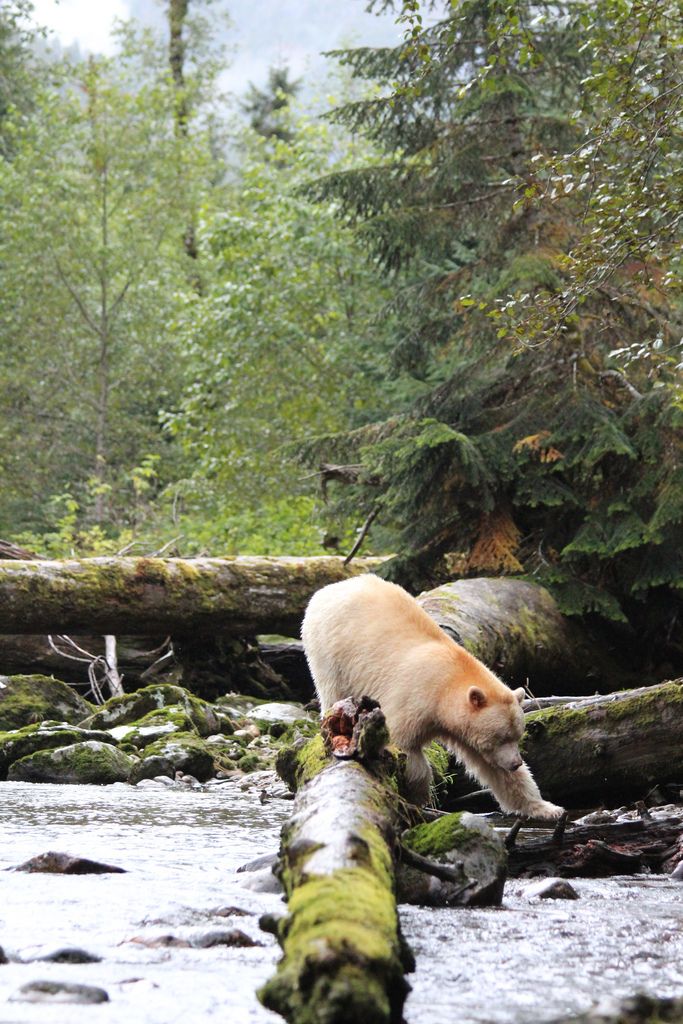Dear Integral Meditators ,
One of the most challenging aspects of living in the information age is that, as it implies, there is so much information around that we are asked to digest. The article below considers how formal & informal mindfulness can help us with this.
For those in Singapore, this Tuesday & Wednesday‘s class will be on the ‘What lies beyond stillness‘, which will be about accessing deeper levels of creativity through meditation & mindfulness.
In the spirit of equilibrium,
Toby
 ‘Turtling up’ – Dealing mindfully with information overload
‘Turtling up’ – Dealing mindfully with information overload
One of the most challenging aspects of living in the information age is that, as it implies, there is so much information around that we are asked to digest. One of the big things that meditation and mindfulness can offer us is a way with dealing with this challenge.
Over the last couple of weeks, I have been feeling somewhat overwhelmed by my workload, and the pace at which I am having to move in which to cope with it. Many of the mornings I wake with a sense of having just a bit too much information to deal with. As I sit down to breakfast, part of me is tempted to grab my phone and start reading the news online. Often is not so much that I am interested in the news, it is more that I want a way to escape the feeling of having too much information to cope with. The ‘instinctive reasoning’ is that I can escape my feelings of being mentally overwhelmed by distracting myself with more information. The problem with this strategy is that if I spend breakfast surfing more news and information, my mind will need to digest even more information, and I will get up from breakfast feeling even more overwhelmed!
Consequently, I have made a conscious choice to leave my phone alone during breakfast, focusing instead on being aware of the way my mind, emotions and body feel, deliberately slowing down a little, and doing less as I eat. Consequently, I get up from breakfast feeling more mentally rested, and that I have more ‘mind-space’ with which I can ‘digest’ the challenges of my day.
‘Turtling up’ – Dropping your outer and inner senses
My choice during breakfast above is an example of an informal mindfulness strategy to cope more effectively with information overload. Every day we actually have many such opportunities to reduce the amount of information that we are having to process.
One formal mindfulness and meditation practice we can do is simply withdrawing our attention temporarily from our outer and inner senses.
- Our outer senses give us information about what is around us in the outer world.
- Our inner senses give us information about how our body and emotions are feeling, as well as what we are thinking, remembering or otherwise using our mind for.
To practice ‘turtling up’ is to withdraw your attention from your senses, like a turtle or tortoise gathering its head and limbs inside its shell. You simply find a quiet spot for a while and withdraw your attention from your outer and inner senses, finding and relaxing into a still space within the centre of your body-mind. A tortoise inside its shell can still hear stuff going on outside, but it feels like it is a distance away. Similarly, you gather your attention inside your body and away from the activity of the mind and senses. You might still hear things, and your mind may still be active to a degree, but you are experiencing it ‘from a distance’ so to speak. You are relaxing in the still quiet space ‘inside your shell’.
The function if ‘turtling up’ is to enable your mind and senses to recover from information overload. By emptying our mind of information for a while, we enable it to regain its equilibrium, regenerate its energy and recover the ability to engage and digest information effectively and happily.
This week if you like you can try practising ‘turtling up’ for short periods of time I your day to help you thrive in the information age, rather than being a victim of it!
© Toby Ouvry 2017, you are welcome to use or share this article, but please cite Toby as the source and include reference to his website www.tobyouvry.com
Upcoming Courses at Integral Meditation Asia
Ongoing on Wednesday’s, 7.30-8.30pm – Wednesday Meditation Classes at Basic Essence with Toby
Ongoing on Tuesday evenings, 7.30-8.30pm – Tuesday Meditation Classes at One Heart with Toby (East coast)
Tuesday & Wednesday evenings – Practical meditations for spiritual awakening & enlightenment – A six week course
Saturday August 19th, 10am-5pm, & Monday August 21st, 10am-5pm – Shamanic mandala meditation & art workshop
Integral Meditation Asia
Online Courses * 1:1 Coaching * Books * Live Workshops * Corporate Mindfulness Training *Life-Coaching * Meditation Technology









